As Nigeria entered its worst historical phase of systematic fuel punishments of its citizens, Aliko Dangote, one of Africa’s richest individuals, emerged as a last resort or beacon of hope. But, as the days go by, hope has continued to fade, with mountains of failed promises and an increasing indication that Dangote is part of the fuel melodrama, with the Nigerian National Petroleum Company Limited (NNPCL) as lead actor and tragic villain. The Dangote Refinery is gradually learning the conditions that led to the collapse of the other four government-owned refineries in Nigeria.
Many stakeholders, including the media, had stood in defence of Dangote in his bid to start production of the long-awaited Premium Motor Spirit (PMS). This was after Dangote Refinery began to import crude oil in a country with the world’s 11th largest oil deposits. In August, news emerged that powerful oil multinationals were inducing journalists to report negatively about the Dangote refinery. On 18 July 2024, the CEO of the Nigerian Midstream and Downstream Petroleum Regulatory Authority (NMDPRA), Ahmed Farouk, criticised the quality of Dangote’s diesel products, stating that it was inferior to imported diesel and had a high sulphur content of about 1000 parts per million.
Join our WhatsApp ChannelREAD ALSO: Dangote Refinery: We Sold Petrol Cheaper To NNPCL, Debunks N898 Per Litre Claim
Farouk went on to dissuade Nigerians from relying on the local product because it had not been licensed. He also said Dangote Refinery cannot be trusted to be Nigeria’s only supplier of PMS. His remarks raised a huge backlash from the public and social media influencers, who called for his resignation. At a point, even the House of Representatives asked the federal government to suspend Farouk.
Nigerians Have Done their Part
As the price of fuel chases N2,000, Dangote’s PMS seems to be the only saviour for the poor masses being the only functional large-scale local refinery.
Unfortunately, the recent dance of the spirits about fuel prices has shocked Nigerians, who know very well that there is more to the price braggadocio than Dangote and the NNPCL are willing to tell. Nigerians indirectly helped Dangote’s cause by protesting against bad governance and high fuel prices, looking at how challenged government in July—followed by the protests in early August—it is obvious that the government may have heard the cries of the masses and reconsidered Dangote’s cry for local crude supply to his refinery.
Is Dangote Playing Along?
In the wake of announcement, on 2 September, that Dangote’s PMS would soon reach the Nigerian market, the same government that had commandeered traders to reduce the prices of consumer goods, increased fuel prices to any price you see in a filling station. A lot of gossip went agog about who was responsible for the rise – government, Dangote, market forces or evil spirits.
READ ALSO: NNPCL Releases New Pump Prices Of Petrol, Sells ₦950 In Lagos, ₦1,019 In Borno
For instance, talks about allowing NNPCL to be the only buyer of Dangote’s PMS were denied by NNPCL but may still hold in practice. According to reports, the Minister of Finance and Coordinating Minister of Economy, Wale Edun, noted through the Executive Chairman of Federal Inland Revenue Services (FIRS), Dr Zaccheus Adedeji, that “for now PMS will only be sold to NNPC who will then sell it to various marketers.”
According to reports also, the NNPCL said it had mobilized 300 trucks as of Sunday, 15 September to lift PMS from Dangote Refinery, while its spokesman, Olufemi Soneye, noted that mobilizing trucks to the refinery was based on an agreement reached by both parties regarding lifting petrol from the $20 billion Lekki-based facility. With this development, it is obvious that both Dangote Group and FG may indeed have similar skeletons in their cupboards.
Again, Mustapha Zarma, National Operations Controller of Independent Marketers Association of Nigeria (IPMAN), confirmed that “independent marketers have not been given any offer by Dangote regarding ascertaining actual take-off prices.” In addition, the Dangote Refinery’s Group Chief Branding and Communications Officer, Anthony Chiejina, only debunked news that it was selling PMS to the NNPCL above N898 per litre. He did not disclose the actual price the refinery was selling the product, forcing the NNPCL to challenge the company to reveal the price. The refinery has also not explained issues around the prices such as selling at international prices because of sourcing crude oil abroad.
Dangote Must Do More
To gain Nigerians’ trust, Dangote must move quickly to reassure Nigerians—especially now that his refinery is known for failed promises about almost anything. He should understand that ultimately it is still consumers that will drive his business growth. Consumers should not be treated like a captive market in near monopoly.
As the Dangote Group navigates the complexities of operating the Dangote Refinery, it is imperative to remember that its legacy extends beyond mere profits; it encompasses the welfare of millions of Nigerians who look to the refinery for hope and relief from economic hardship, as promised earlier. It is pertinent to note that the refinery, based on initial plans, represents not just a business venture but a pivotal opportunity to transform Nigeria’s energy landscape and improve the lives of its citizens, as Dangote himself has sermonized since 2023.
For this reason, it is essential not only to take proactive steps to reassure the public and stakeholders of a commitment to providing high-quality products at fair prices, but also to engage with independent marketers and local communities to create a more inclusive distribution strategy that benefits all parties involved. Transparency in pricing and operational practices will not only foster trust and confidence among consumers but will also ensure that the refinery is seen as a genuine solution rather than a source of further economic strain. In these challenging times, the actions of the Dangote Group should speak louder than words. The nation is watching, and this is their moment to shine as a beacon of hope for all.
Dr Mbamalu is a Jefferson Fellow, member of the Nigerian Guild of Editors (NGE) and a renowned Publisher.
Dr. Marcel Mbamalu is a communication scholar, journalist and entrepreneur. He holds a Ph.D in Mass Communication from the University of Nigeria, Nsukka and is the Chief Executive Officer Newstide Publications, the publishers of Prime Business Africa.
A seasoned journalist, he horned his journalism skills at The Guardian Newspaper, rising to the position of News Editor at the flagship of the Nigerian press. He has garnered multidisciplinary experience in marketing communication, public relations and media research, helping clients to deliver bespoke campaigns within Nigeria and across Africa.
He has built an expansive network in the media and has served as a media trainer for World Health Organisation (WHO) at various times in Northeast Nigeria. He has attended numerous media trainings, including the Bloomberg Financial Journalism Training and Reuters/AfDB training on Effective Coverage of Infrastructural Development of Africa.
A versatile media expert, he won the Jefferson Fellowship in 2023 as the sole Africa representative on the program. Dr Mbamalu was part of a global media team that covered the 2020 United State’s Presidential election. As Africa's sole representative in the 2023 Jefferson Fellowships, Dr Mbamalu was selected to tour the United States and Asia (Japan and Hong Kong) as part of a 12-man global team of journalists on a travel grant to report on inclusion, income gaps and migration issues between the US and Asia.

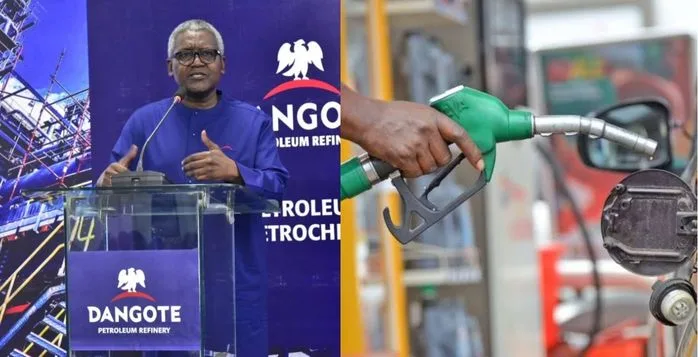





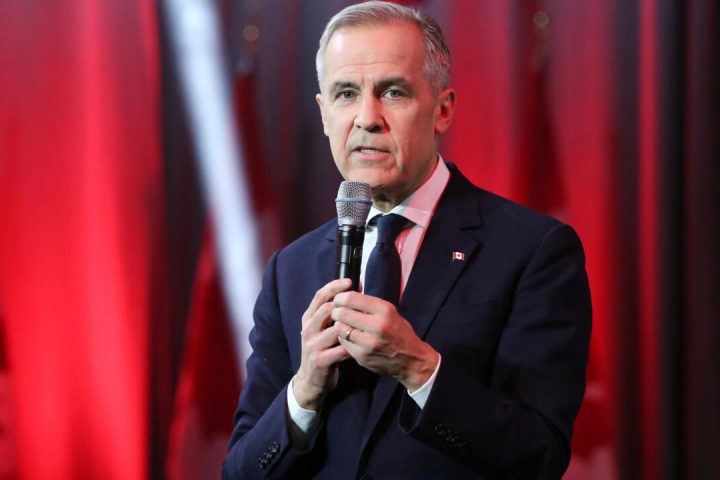





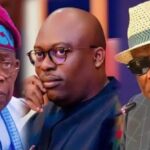


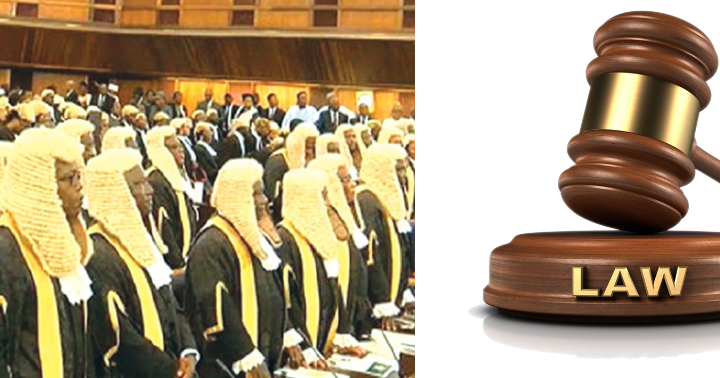
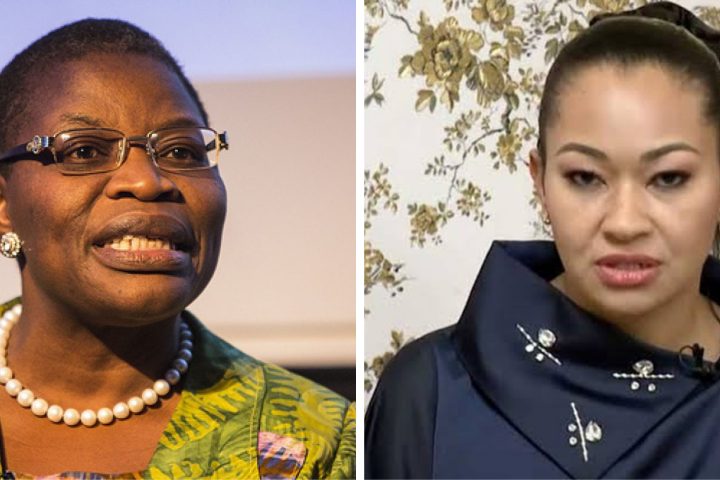

Follow Us